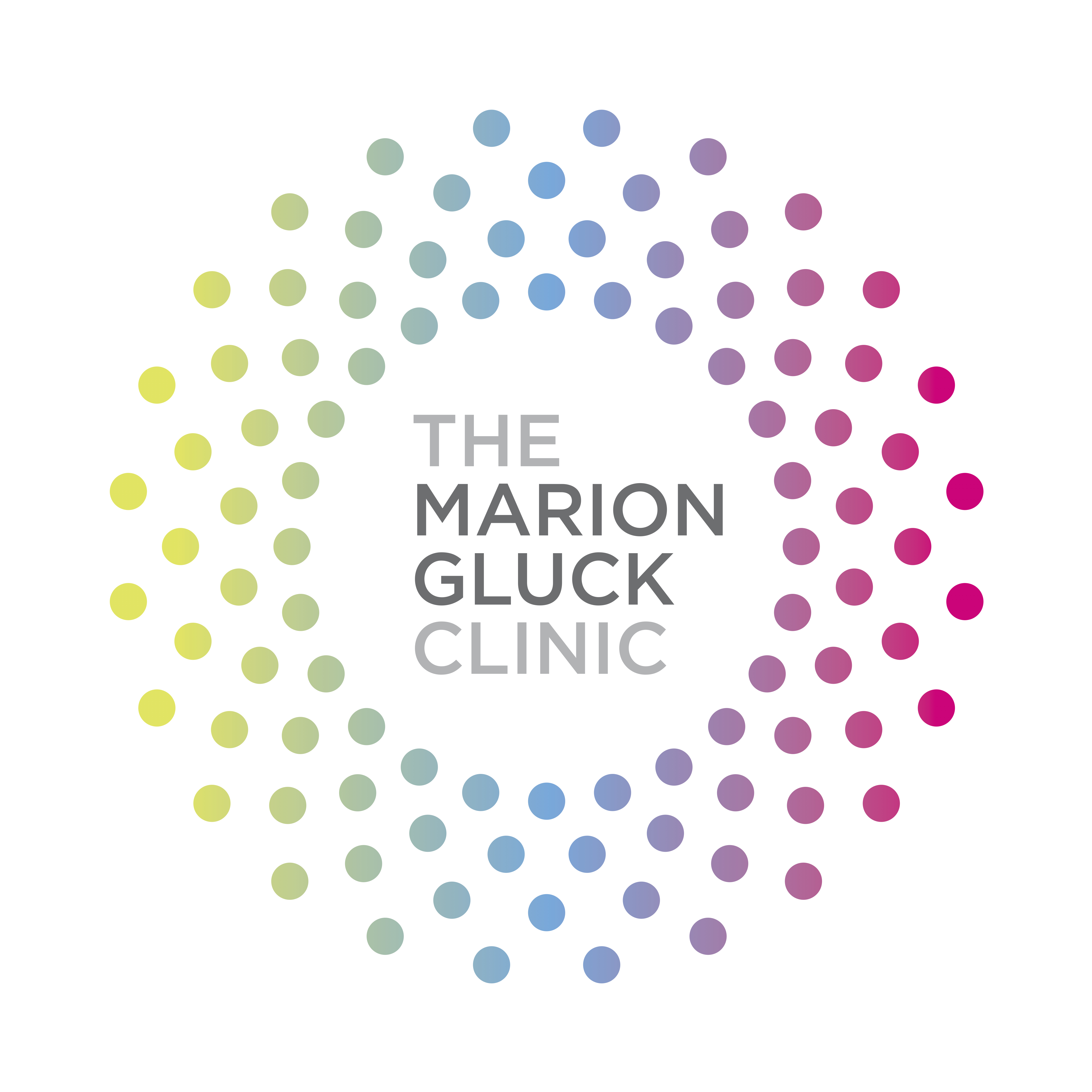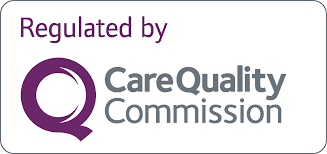Younger Women May Need Hormone Replacement Therapy Too
Hormonal problems in women can hugely impact physical, emotional and sexual health. Yet they are often dismissed, with only ‘fertility issues’ or ‘menopause’ being recognised as legitimate concerns; the rest being symptoms that we are simply told to accept.
Women in the know aren’t having it. They’re taking their hormones seriously, and putting their hormone health on their to-do list. And the women paying attention to their hormones are getting younger and younger — a wider group is choosing to get informed and be in the driving seat when it comes to their wellbeing.
The fact is, hormones can get out of balance throughout our lives. When we first start our periods, irregular periods can be common — but by the time we are 20, a regular, manageable cycle should be well established. Unfortunately, this is often not the case.
How does your hormonal health change as you age?
In our twenties, common hormonal issues are acne, frequent headaches, abnormal mood swings, excessively painful or heavy periods and PMS. Polycystic ovary syndrome (PCOS) is another possible problem, causing excess hair growth, acne and weight fluctuation. For this, bioidentical progesterone taken for two weeks of the month can be a wonder.
In our thirties, we might be trying to get it together, career-wise and relationship-wise. Stress is an epidemic and it can lead to burnout. Suddenly, premenstrual symptoms seem that much more severe.
Perhaps we’re also struggling with trying to fall pregnant, having children or having miscarriages, and things not being quite the same afterwards. Fatigue, especially for women, has been normalised to the extent that we’ve basically been taught to ignore it. But life doesn’t have to be that way — hormonal imbalances can be the cause, and they can be fixed.
In our forties, life begins and metabolism slows. You don’t even need to splash out on a decadent 40th bash to wake up to general puffiness and middle-aged spread.
The point is that hormone therapy needs to go way beyond contraception and hormone replacement post-menopause if women are to get the help they deserve.
Getting hormone help: bioidentical hormones
If we are to balance out hormones, we need to supplement low levels of our hormones with hormones that are identical in structure to our body’s own — known as bioidentical hormones.
Yet bioidentical hormone creams are not easy to access. This area is largely ignored by mainstream medicine; younger women with hormonal problems are typically only offered oral contraceptives for their symptoms. The synthetic hormone-like drugs in the contraceptive pill won’t balance hormones — it may give the illusion of regulating periods, but can cause other side effects. Often, it leaves you no better off and back to where you started when you stop taking the pill.
So how can bioidentical hormones help?
In the case of PCOS, addressing the issue with diet, lifestyle and bioidentical progesterone can reverse PCOS. Progesterone signals to the HPG axis when to stop the production of androgens, which prevents testosterone overproduction. If progesterone deficiency is addressed by supplementing compounded bioidentical progesterone for two weeks every month, it may help the brain develop the normal cyclic rhythm that is missing in PCOS.
Instead, just taking the contraceptive pill may give the illusion of regulating periods, but these periods are simply withdrawal bleeds. They’re produced by the synthetic hormones whilst your own ovaries are actually suppressed — meaning you’re back to square one when you stop taking the pill.
Hormone balancing should leave you feeling well
The other really big difference with hormone balancing is that you should feel really well and in optimal health.
That may sound obvious, but so many women are given contraceptive pills and find that the side effects of the contraceptives are worse than the symptoms of their original condition.
Contraceptive pills have been linked to side effects such as headaches, mood swings, weight gain and clots. Many women can’t tolerate contraceptive pills, whereas hormone balancing with bioidentical hormones may be a really good alternative.
Hormone imbalances can be a big deal
Hormone imbalances can be a really big deal. Symptoms are messages from the body that something is up, and to address your symptoms before they get worse. Left untreated, things can snowball.
Many women write off their PMS as ‘normal’ or ‘just a part of being a woman’, even though it takes its toll on their work and relationships. PMS can so easily slip into anxiety or binge eating disorder, which can cause further hormonal imbalances, which can cause worsening symptoms.
Tracking your symptoms and getting clued up about hormonal imbalances puts you back in the driving seat.
10 signs of hormonal imbalance
Hormones contribute to all aspects of health. Here are 10 signs that you might be out of whack:
Mood swings
Heavy or painful periods
Insomnia and poor-quality sleep
Skin problems
Fertility problems
Headaches
Vaginal dryness
Brain fog
If you find you are experiencing any of the above symptoms, you may have a hormonal imbalance.
To find out more about whether you can benefit from our treatments, get assessed.






